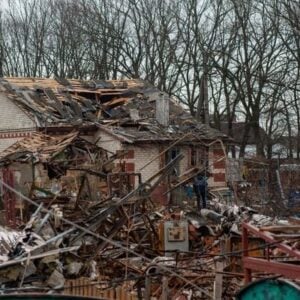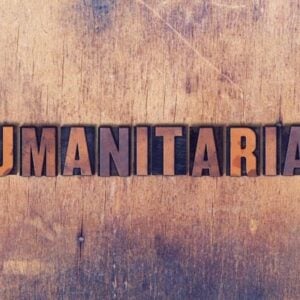More than 100 representatives from governments, international organizations, civil society, and communities affected by emergencies gathered in Santiago, Chile, for the 7th Platform for Dialogue on Anticipatory Action in South America. Held under the theme “Act sooner, protect better: strengthening anticipatory action in South America,” the event focused on improving disaster preparedness and protection efforts in the region.
Anticipatory Action is an innovative approach designed to safeguard communities and their livelihoods before disasters occur. It leverages science, technology, and local knowledge to implement preventive measures such as cash transfers, early warning systems, training, and distribution of essential supplies. These actions aim to minimize harm and preserve vital resources when crises arise.
The event provided a crucial space for sharing lessons learned and enhancing anticipatory action strategies amid increasingly frequent and severe floods, droughts, landslides, and other hydrometeorological events impacting South America. It was organized by the Anticipation Hub and co-hosted by several organizations, including the Chilean Red Cross, FAO, IFRC, and other humanitarian groups.
Maya Takagi, Regional Program Leader at FAO, emphasized the importance of anticipatory action in protecting agricultural livelihoods and food security, highlighting its integration into emergency and resilience programs worldwide. Loyce Pace, IFRC Director for the Americas, stressed that preparedness is vital, especially given the uncertainty and limited humanitarian funding. She called for collaboration among governments, civil society, private sectors, and humanitarian agencies to maximize the impact of every resource invested.
Studies show that every dollar invested in risk reduction and prevention can save up to fifteen dollars in disaster recovery costs. In Latin America and the Caribbean, the IFRC and its Red Cross network actively promote anticipatory action by enhancing early warning systems, disseminating alerts, combating misinformation, and conducting regular drills. They also work on evacuation and shelter plans and advocate for incorporating anticipatory measures into national policies and budgets.
The Santiago meeting encouraged innovative solutions, stronger partnerships, and the formal integration of anticipatory action into institutional frameworks across South America. Since 2018, a series of regional dialogue platforms have built a collaborative community of practice among governments, humanitarian actors, scientists, and communities. The recent event in Santiago reaffirmed the region’s commitment to strengthening anticipatory action to better manage disasters and crises.







